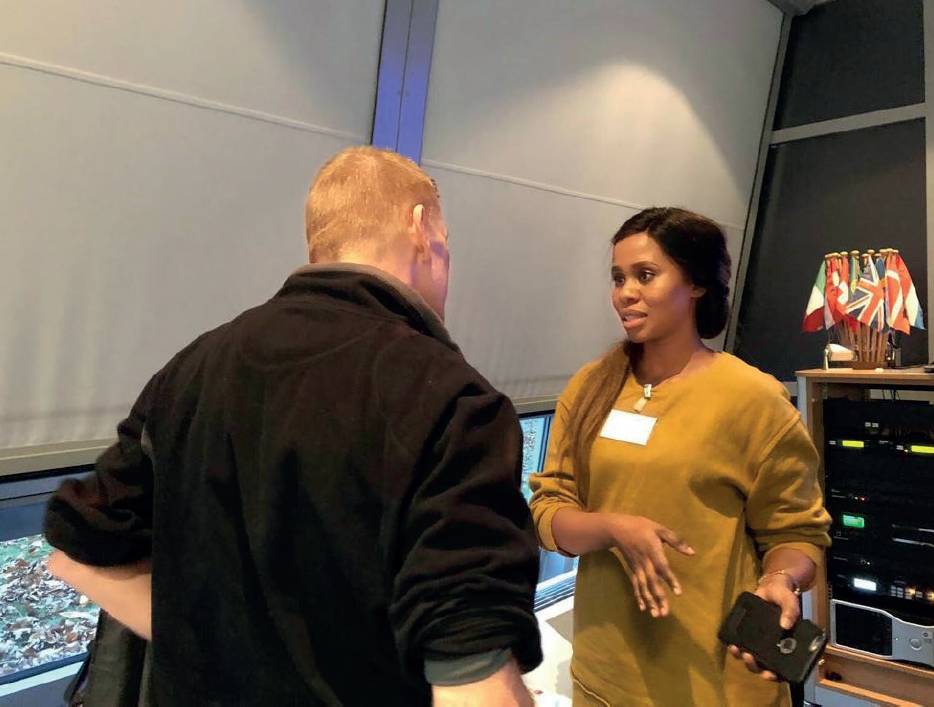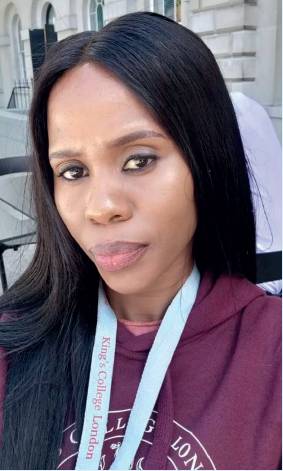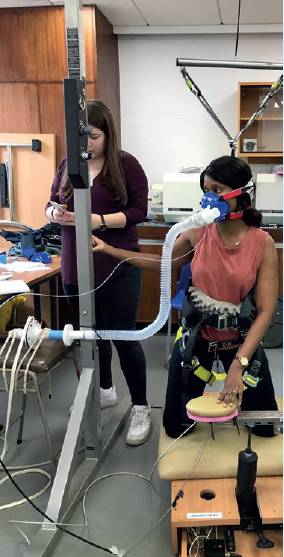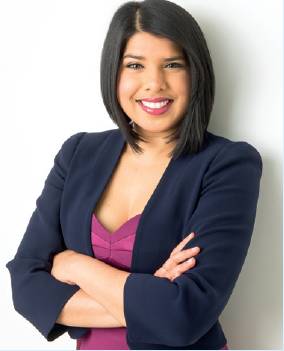BLACK HISTORY MONTH
No dream is beyond reach
For Black History Month, Dr Onalenna NakoPhuthego describes her personal story from an African village to becoming Botswana’s first ever aerospace medicine specialist with a Masters degree.
 Onalenna talks with UK astronaut Major Tim Peake HonFRAeS during a visit to ESA.
Onalenna talks with UK astronaut Major Tim Peake HonFRAeS during a visit to ESA.
I am a 32-year-old aerospace medicine specialist working for my country’s military organization on aviation health matters, the first and only doctor in Botswana, (possibly in the whole of Africa) to hold a Master’s degree in Aerospace Medicine, acquired at King’s College London. I hold a Doctor of Medicine (MD) and degree in teaching Russian Language (Rostov State Medical University, Russian Federation).
I was the first female in my country to join the military as a fully qualified and registered doctor with Botswana Health Professions Council. I am also the first and perhaps the only Motswana to ever visit the European Space Agency (European Astronaut Centre) in Germany, Koln, where I had the privilege to meet astronauts such as Tim Peake. I am a member of the Aerospace Medicine Association (AsMA) and currently actively involved with the UK’s Royal Aeronautical Society in improving my professional development.
I was born in Ramotswa village, South-Eastern part of Botswana in Africa. I grew up underprivileged, with a single mother and my amazing late grandmother in an extended family. Like most households at the time, we had no electricity, running water nor television in the house. Things improved at the age of 12, when my mother acquired a home with all basic life necessities. My source of entertainment has always been books that I initially read through a candlelight. Just going to school meant a 14km walk each day.
 Onalenna during her studies at King’s College London.
Onalenna during her studies at King’s College London.
These early hardships only motivated me even more to study and excel, keeping in mind the common mantra, “education is the way to a better life” and I applaud my mother for nurturing my ambitions by being a good provider without fail. My basic education began with kindergarten and proceeded to free government education. I never attended private school and I never took for granted the free education opportunity our government provided. I studied hard with the result that I excelled academically and was elected for student leadership roles in school. Because of this, I acquired confidence and a positive mind that propelled me through life.
But this was not without hardship and my high school years were particularly difficult. I had been enrolled in the country’s top high school (St Joseph’s College) where I was now amid academically stronger students. In this new setting, I was unaccustomed to being outsmarted and that became a challenge. I had to develop a survival strategy and I learned that competition can either encourage or demoralise you. It is critical to identify which category you belong to, that can best work for you based on your capabilities to ensure that either way you excel. I realised that it is important to sometimes escape the land of competition, focus on your uniqueness, abilities and your strengths to become the best version of yourself.
From that point on, my goals were dominated by always identifying and focusing on things that were distinct from what everyone else would normally go for, no matter how challenging. Hence why I chose Russia for my medical education after winning a Russian sponsorship, which not only earned me an MD (Doctor of Medicine) but also a Degree in teaching Russian language. Studying medicine in Russia was exceptionally difficult but adjusting back to medical English after returning home presented an even greater challenge. I found myself struggling with speaking and writing English as fluently as before as my vocabulary was insufficient. My confidence was dented and I felt inadequate especially during my medical internship year. However, I didn’t give up, I worked hard the best way I knew how, until my English improved again.

